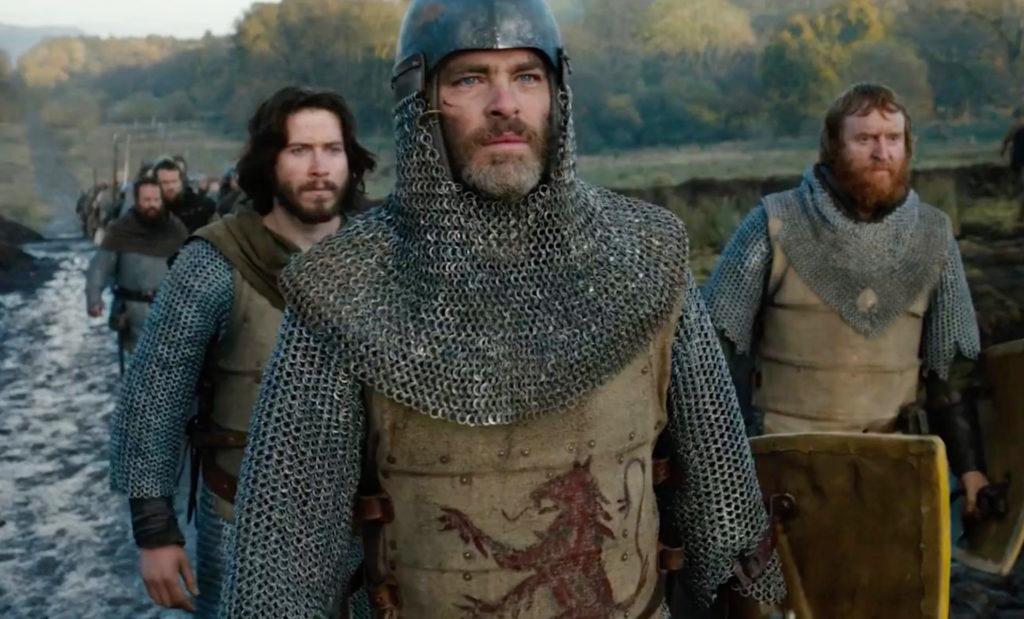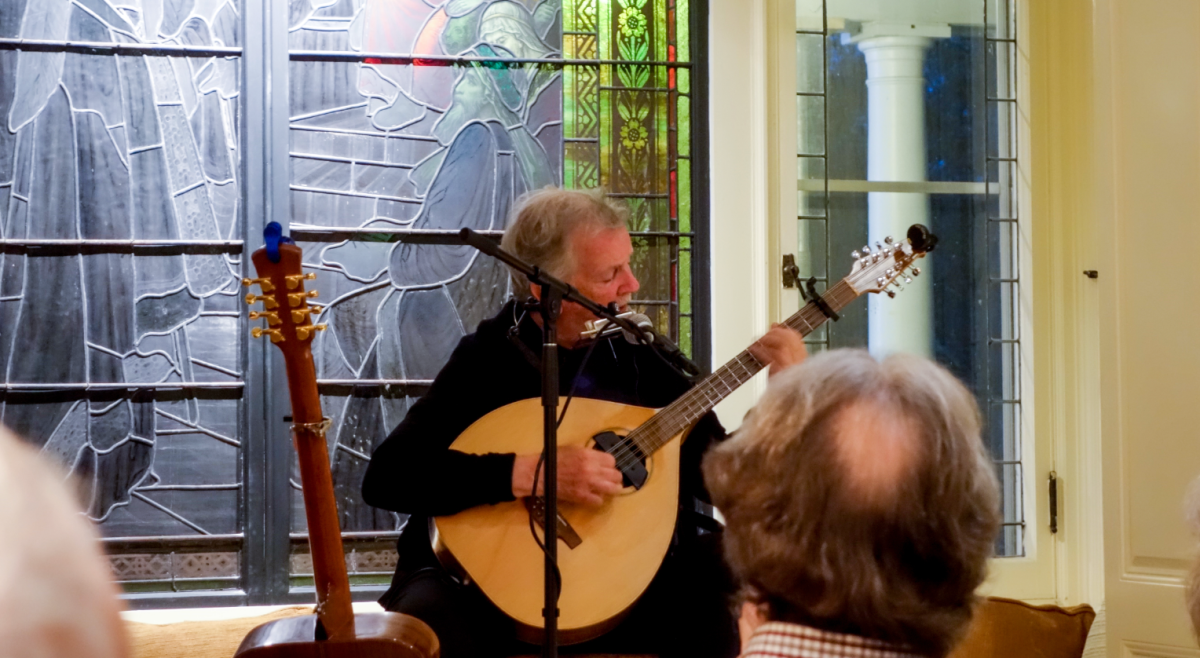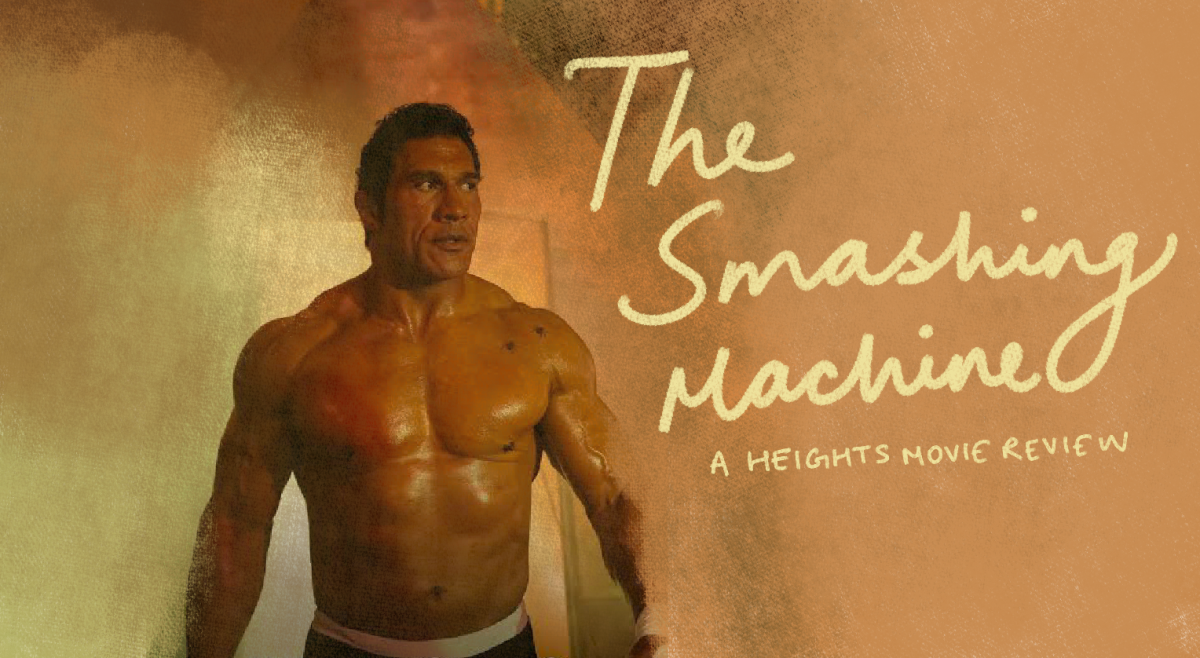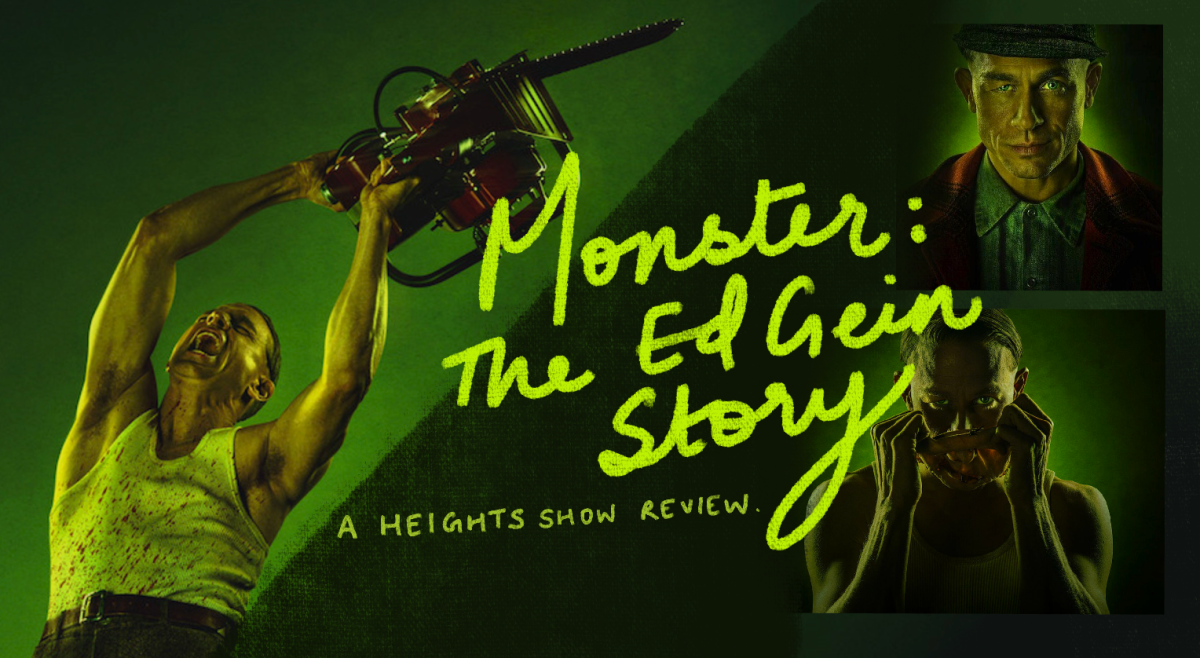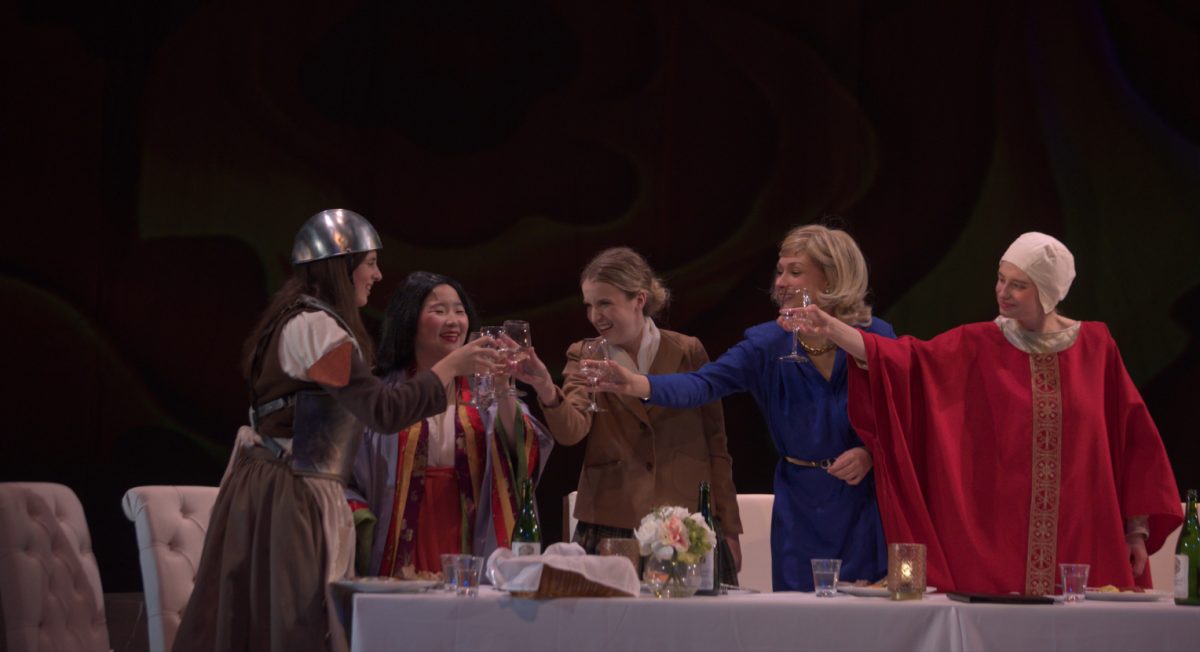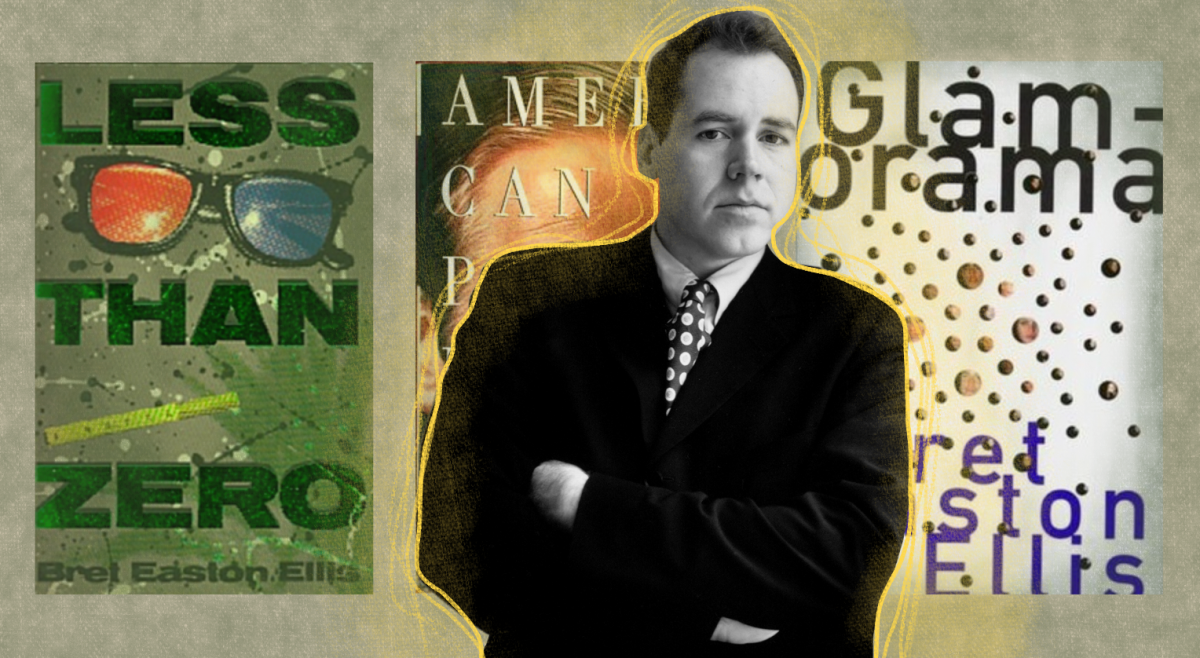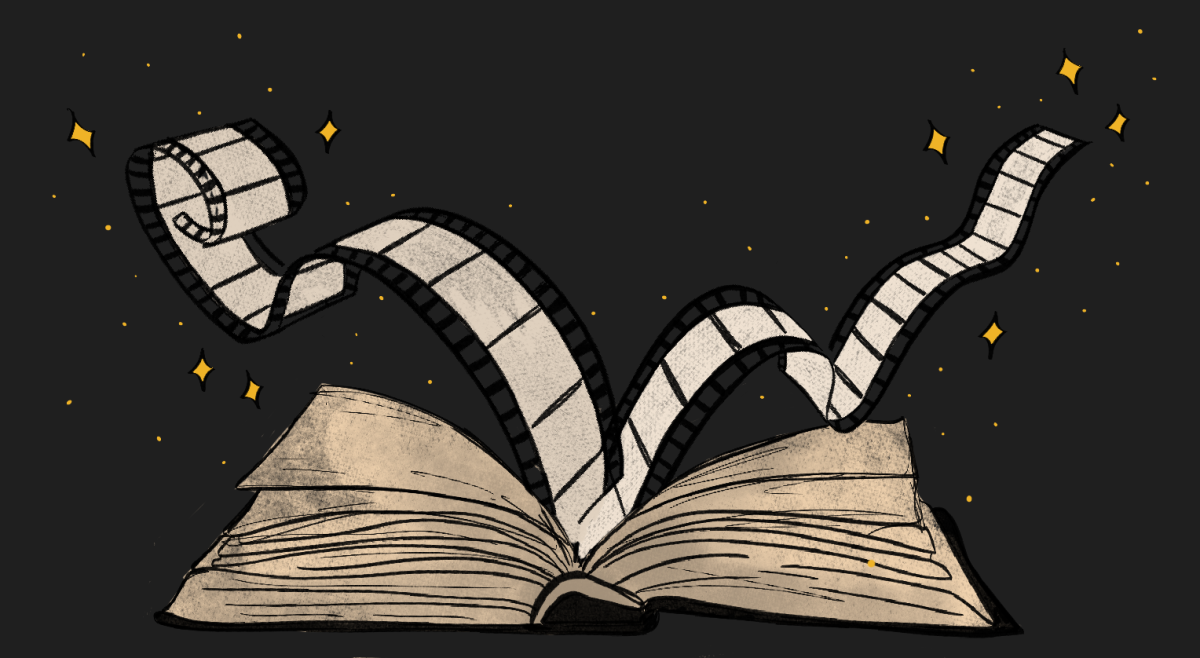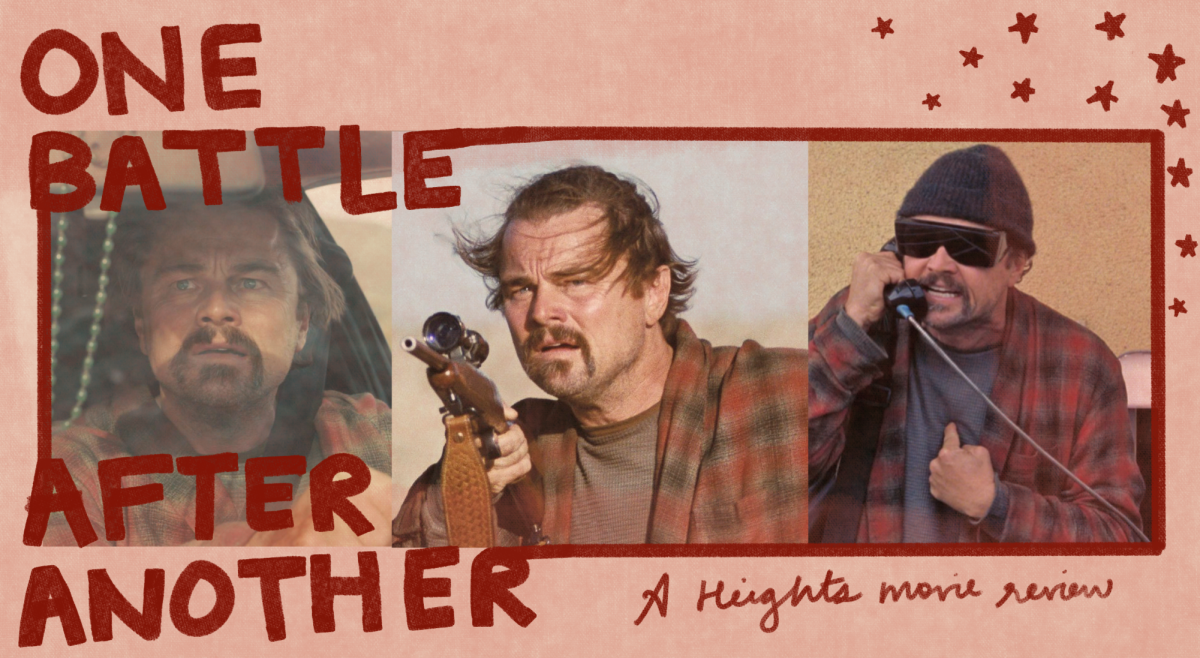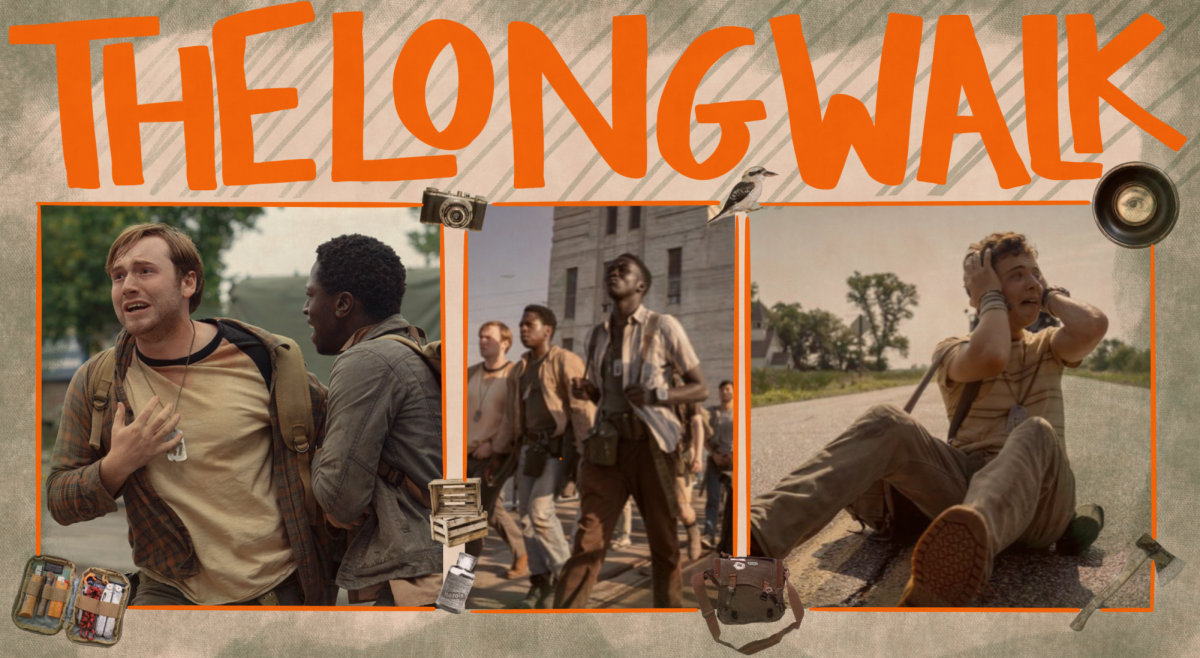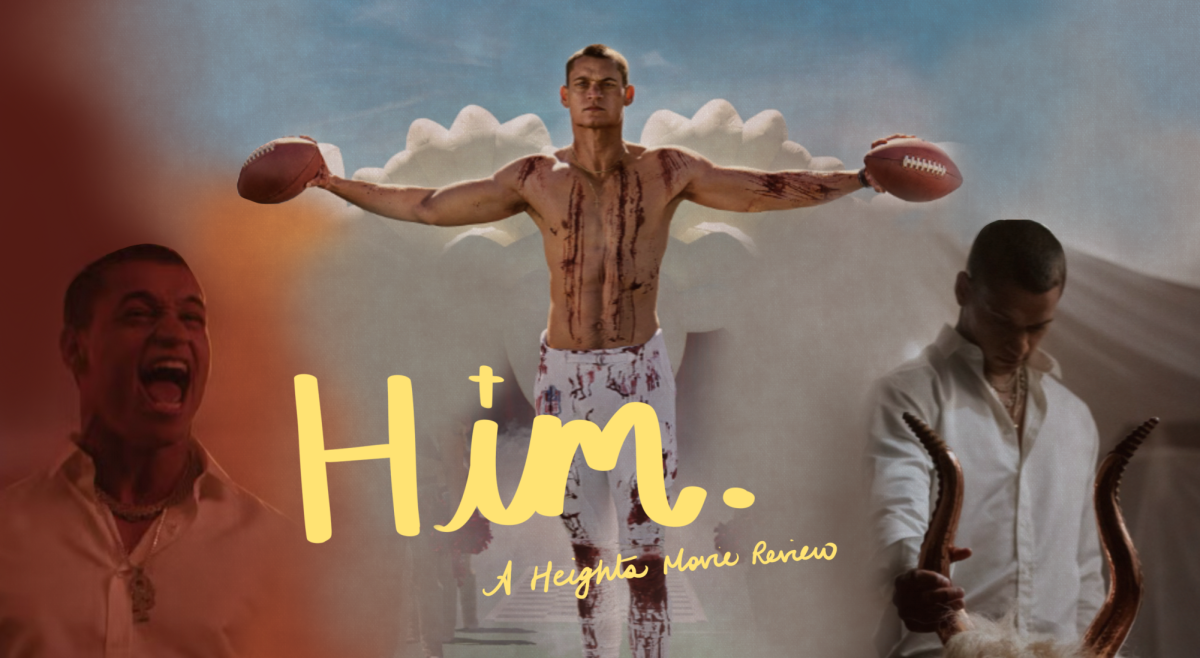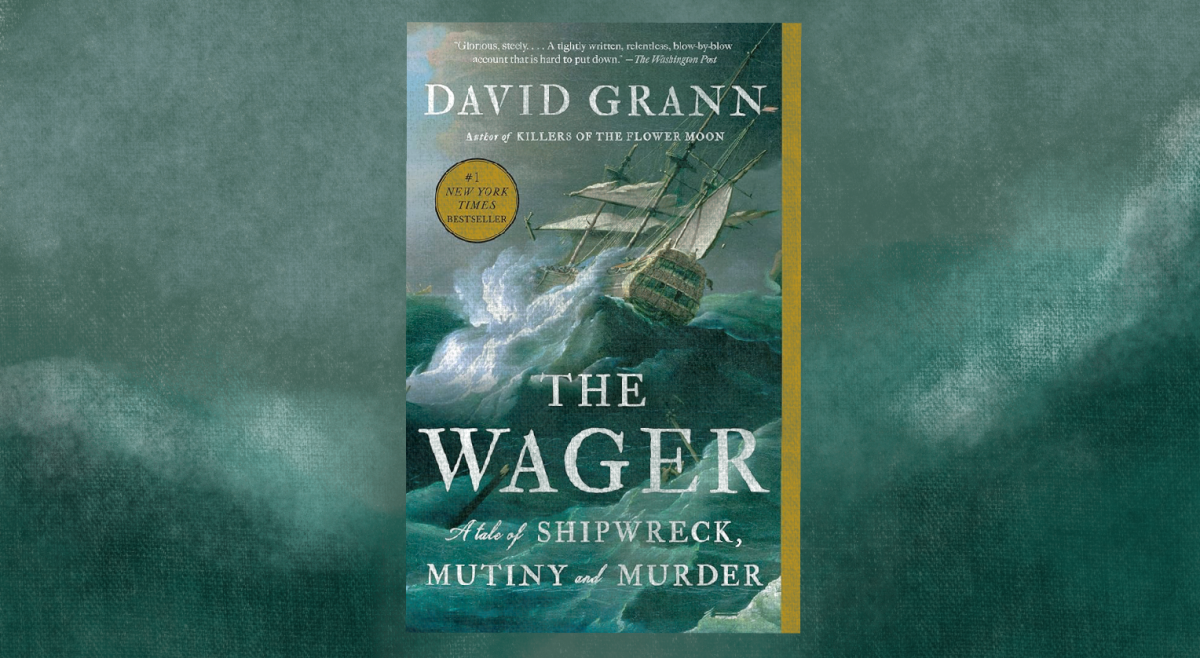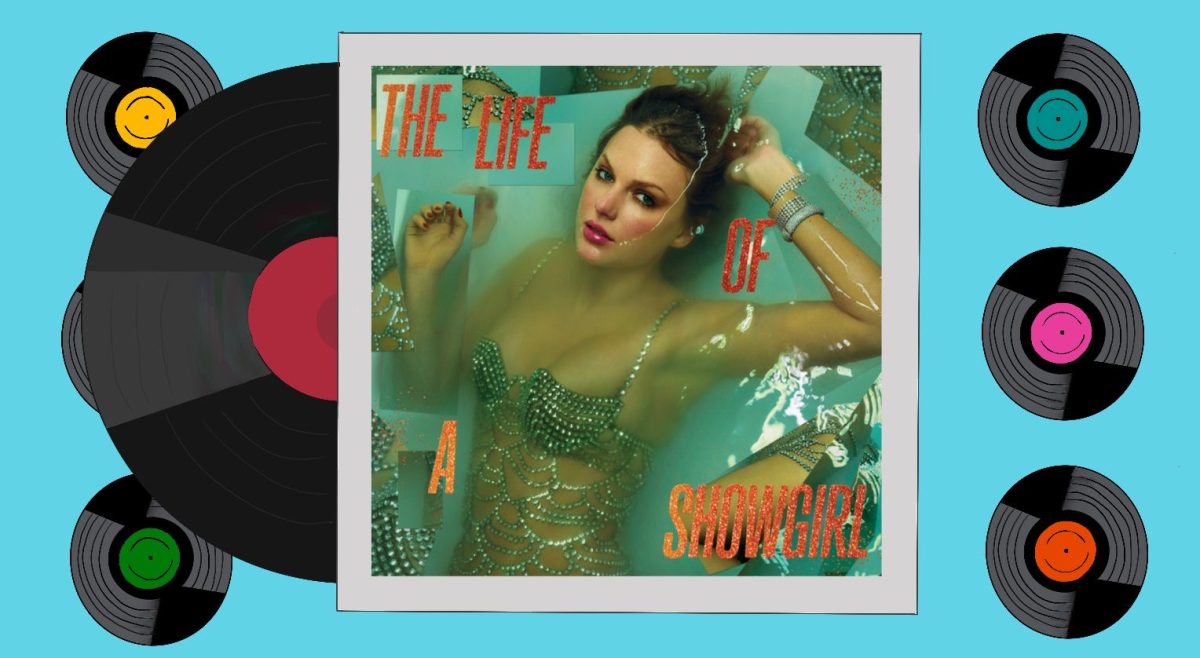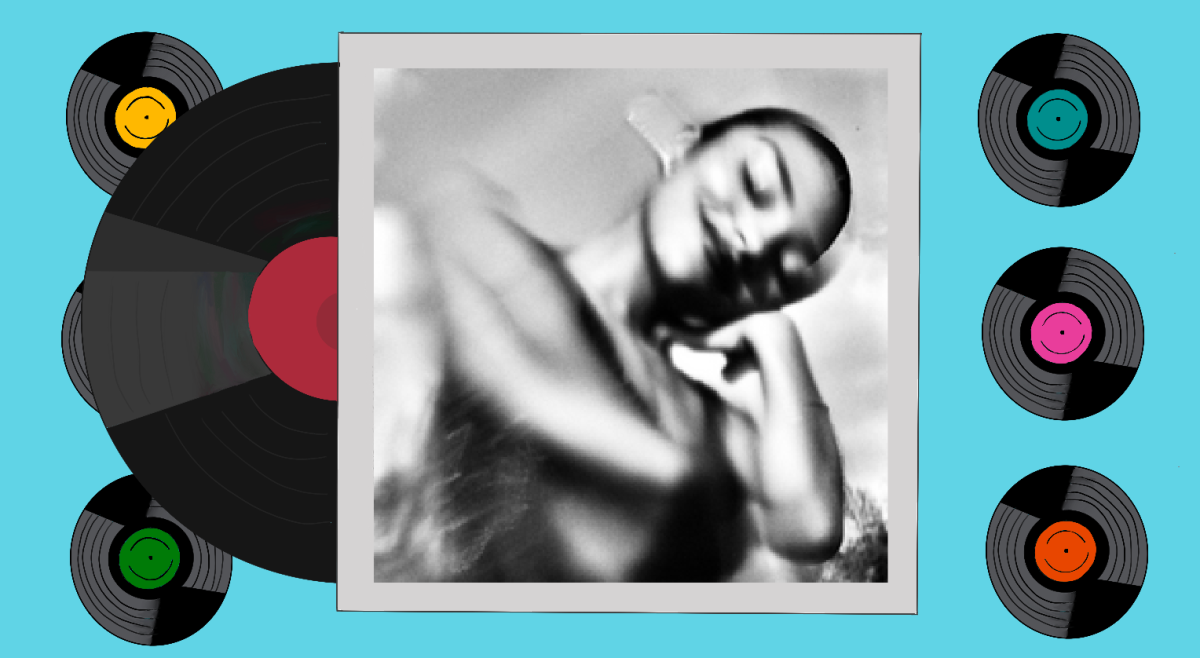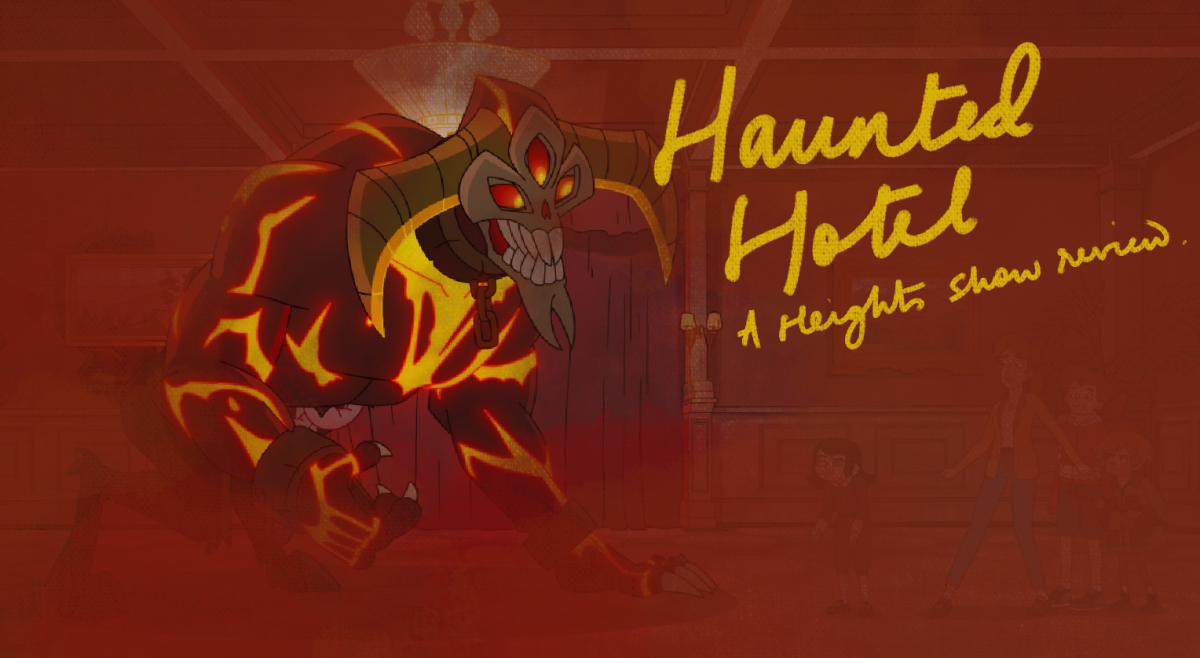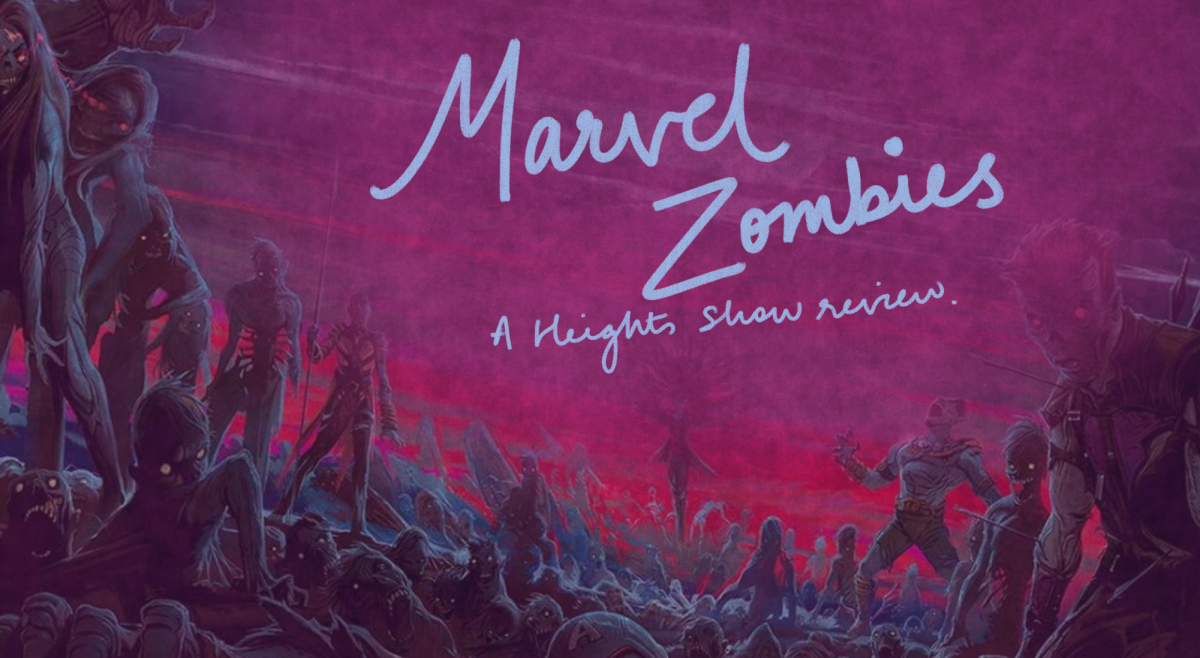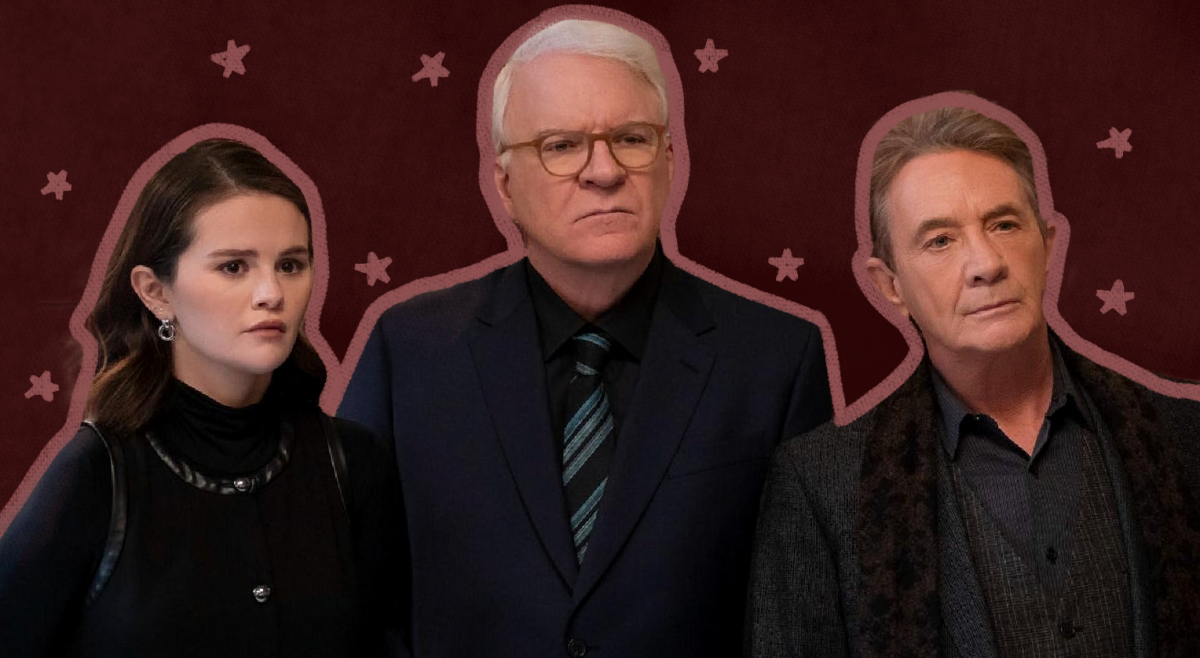
Soon to be gracing your laptop screen is Outlaw King, Netflix’s big-budget historical epic that takes the rousing upheaval of the First War of Scottish Independence and turns it into a lifeless spectacle. The year is 1304, and the tension between the Scots and the English has come to its boiling point. After first submitting to the rule of Edward I of England, Robert the Bruce (Chris Pine), our knight in less-than-shining armor, defects after the death of his father. The English army has already put the kibosh on William Wallace and his band of resistance fighters at Falkirk, and Robert, now the proclaimed King of Scots, has become something of an emblem of hope for his oppressed people — an oppression we constantly hear about but never see. Much of the runtime is spent strictly with Robert and his band of loyalists evading the British onslaught while planning to reclaim the land that’s been taken from them. Part of the problem with Outlaw King is that for an epic, it feels remarkably small.
This intimate approach to epic storytelling works under certain conditions, but it doesn’t here if only because the characters we’re following are so inadequately drawn, and most (even our eponymous hero) are characterized by one basic trait. Some of Robert’s notable followers include James Douglas (Aaron Taylor-Johnson), a manic psychopath seething with anger toward the English for seizing his family’s land, and Angus Macdonald (Tony Curran), Robert’s redheaded right-hand man. There are other Scottish freedom fighters with them, but viewers would be hard-pressed to give an estimate of how many more there are, let alone name any of them.
That leaves us with our protagonist, the outlaw king, who may be the blandest of the bunch. In attempting give off an air of relative coolness and reason, Pine plays Bruce as a grizzled, wide-eyed stoic who emotes and says very little. Often, this sort of performance is meant to give the impression of internal depth, but there’s nothing in his backstory or character that sufficiently fills this void. Early in the film, the audience witnesses his arranged marriage to Elizabeth de Burgh (Florence Pugh), and before his inevitable revolt, it watches as they attempt to forge a wholesome family together—though, it quickly becomes apparent that these scenes are only shown to make their eventual separation all the more heartbreaking. This fractured relationship seems like the impetus for Robert’s pallid stoicism, until you remember that he was similarly bland in the film’s early scenes. As cynical as this may seem, Robert’s taciturnity may have simply come as a result of Pine’s inability to carry a convincing Scottish accent.
In attempting to compensate for this uninspired character work, director David Mackenzie (Hell or High Water, Starred Up) concentrates on the kind of punishing brutality that his other movies are known for, shooting most of the action in frame. Countless men are stabbed, others are decapitated, a few are hanged, and one is disemboweled—all of which is included and graphically shown to appeal to your inner 13-year-old. Given the period decorum, the medieval setting, and the penchant for gruesome violence, Outlaw King’s main point of reference seems, more than anything else, to have been Game of Thrones, though there’s one sequence in the middle that feels completely ripped from The Revenant. Give or take Mackenzie’s aestheticized violence, the scenes that set the stage for these outbursts are the stuff of stodgy historical epics. Men sit around in candlelit castle interiors angrily yelling at one another for no apparent reason, in a way that would imply tension if what they were saying carried any sort of import.
For what it’s worth, Outlaw King features its fair share of sweeping vistas, and the cinematography by Barry Ackroyd is rather impressive—one highlight is a scene where the Scots, ambushed at night, attempt to escape as the English rain flaming arrows on them. But in truth, the film’s main appeal is its over-the-top bloody violence, especially because nearly every scene that doesn’t include fighting is so painfully tedious. Everything culminates in a climax that’s more grotesque than anything preceding it, where men coated in blood are either writhing on the ground in agony or screaming at the enemy from across the battlefield. And while it’s obvious that this 14th-century fight for independence was hellish, Mackenzie (and the four other credited screenwriters) should have found a way to complement all the ferocity with some much-needed humanity.
Featured Image by Netflix

